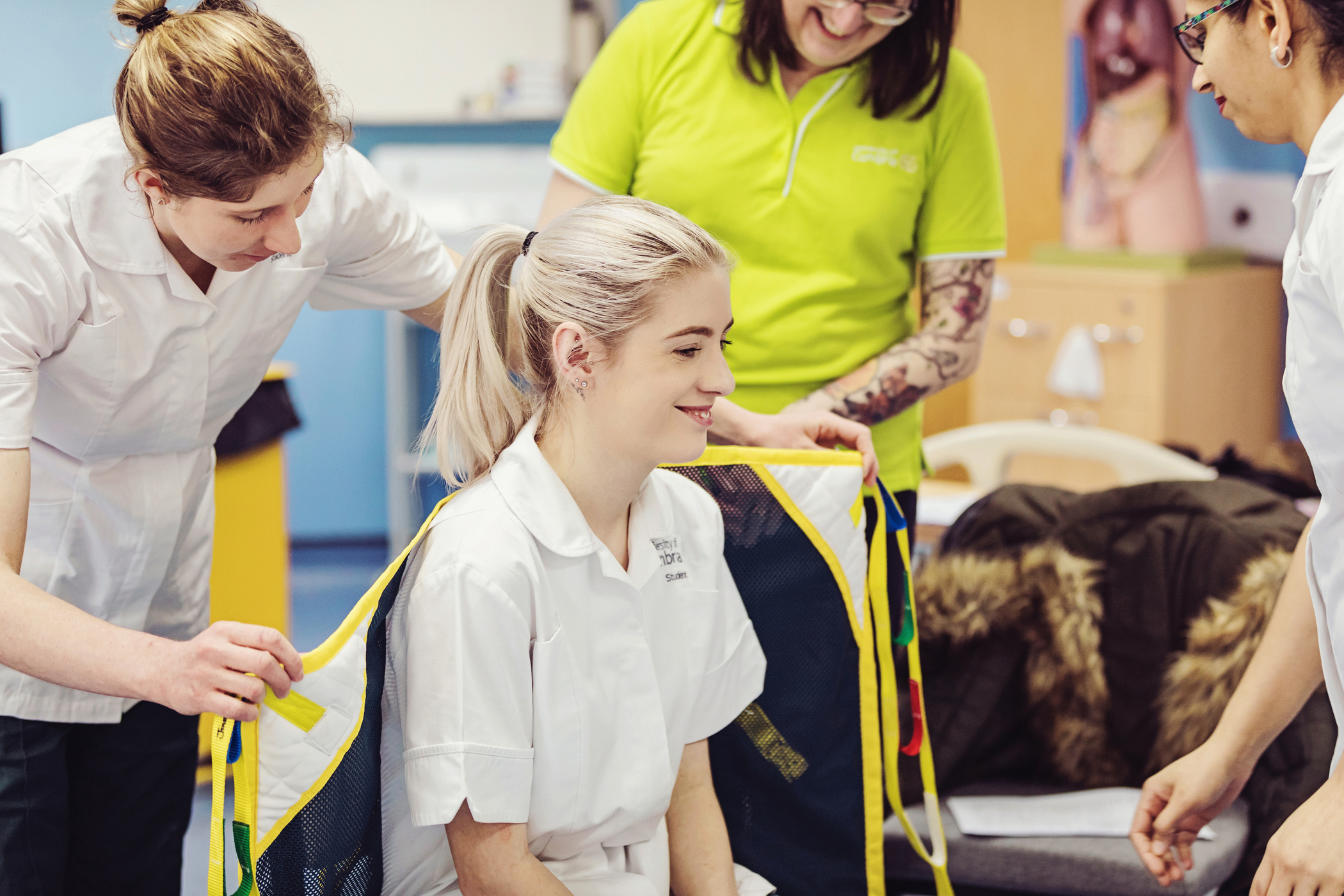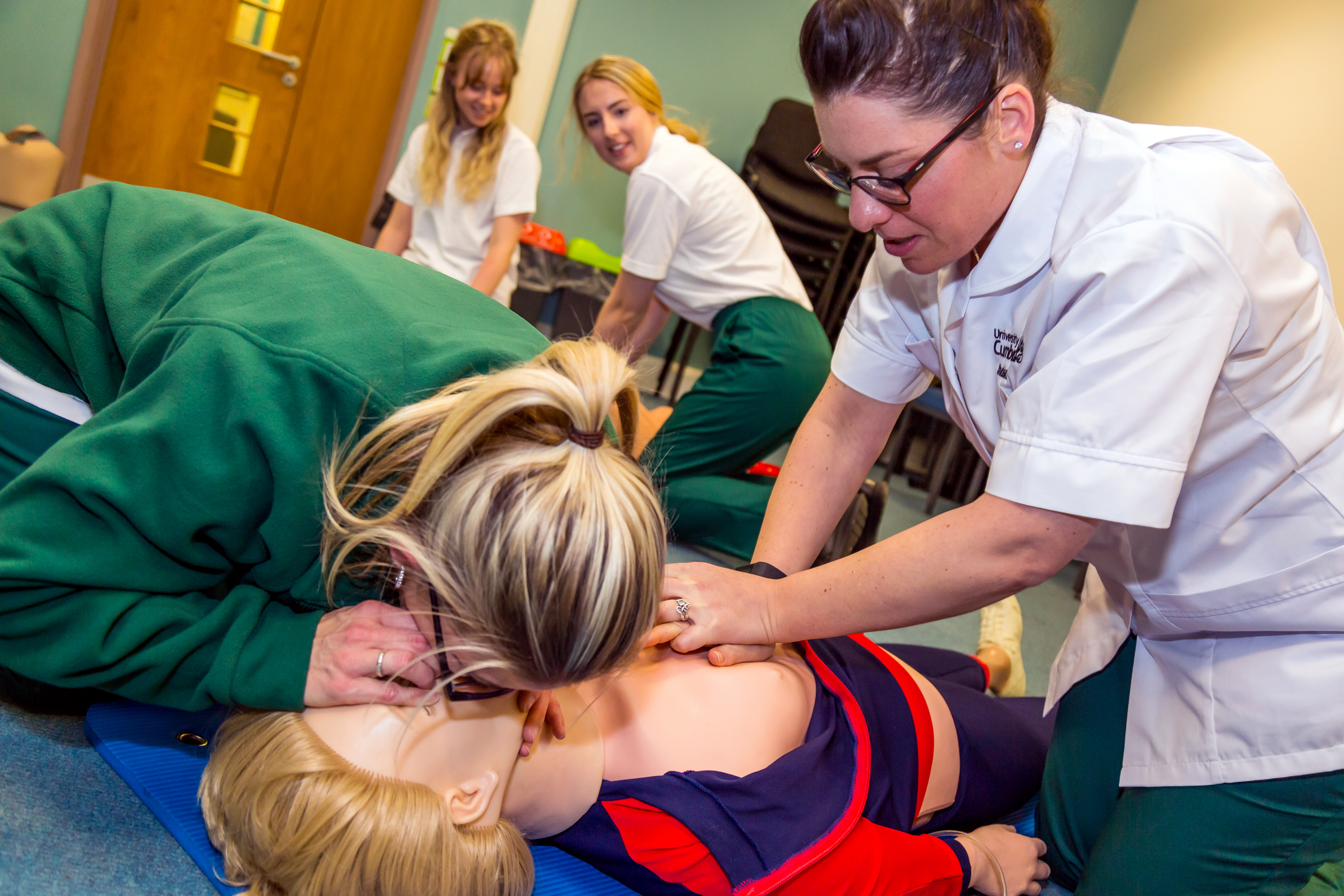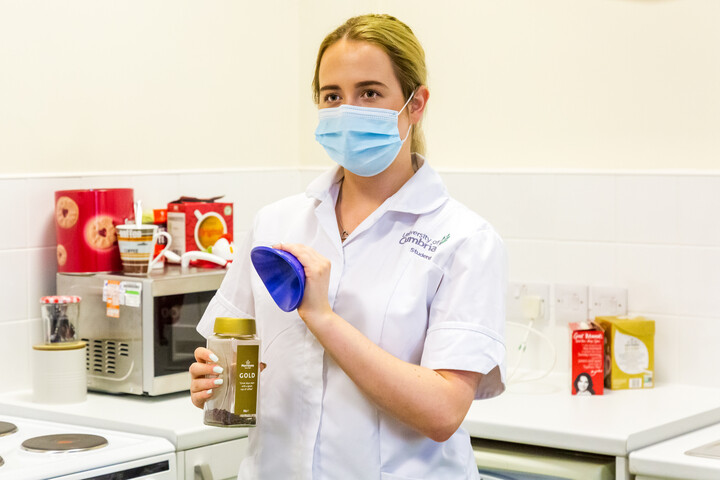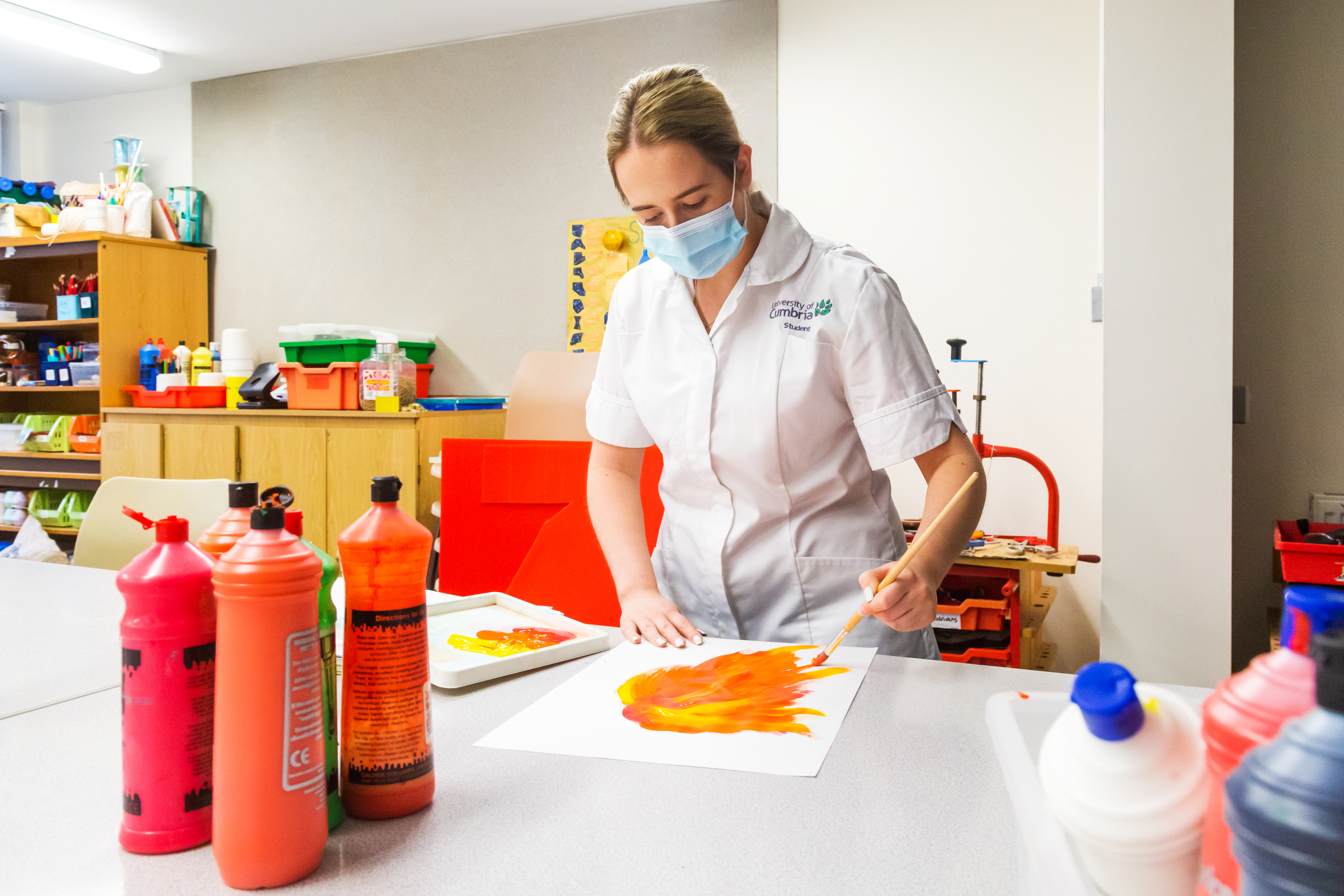Introduction
Congratulations on securing an interview. On this page, you'll find everything you need to know about our interview process.
Interview schedule
You will have received an email with an invitation to a Microsoft Teams interview. It is very important that you confirm that you are able to attend on this date. If you cannot attend we might be able to offer the opportunity to another candidate. Due to demand for places we cannot guarantee to offer an alternative date.
Please log into Microsoft Teams at least 5 minutes prior to your interview (to make sure that you give yourself time to sort any problems you may have joining) using the link in your email. The interviewing tutor will join you there at the time of your interview.
There will be a group introduction at the start of the interview process. This will be followed by an invitation to your individual interview slot, you will receive a separate Teams link for this. The interview will take approximately 30 minutes.
Please note that you are expected to attend the group introduction, we will be unable to interview you on the day if you do not attend.
We look forward to meeting you and hope that you enjoy the day.
Location
Your interview will take place virtually via Microsoft Teams.
PRE-INTERVIEW CHECKS
-
Please ensure that you have a photographic form of ID (such as a passport) ready to show to the camera during your individual interview. Please note that we will not be able to proceed with your interview if you do not provide photographic ID.
-
A pen and paper
What you need to prepare
You are advised to visit at least one Occupational Therapy facility in order to observe/discuss the work that is carried out by the Occupational Therapists and to ask questions about the profession. You can also enhance your understanding of Occupational Therapy by reading textbooks or articles, and searching the internet. You will be expected to discuss different concepts of Occupational Therapy during the group task and individual interview. The discussion may involve current occupational therapists or service users.
During the interview you will be given 5 minutes to give us a clear idea of why you want to be an Occupational Therapist and why you would like to study at the University of Cumbria. We are interested to find out about you and your reasons for wishing to study occupational therapy; about any work experience you have had; about NHS values and your understanding of post-graduate study. You will also be given the opportunity to ask questions.





-200x200.jpg)
-199x266.jpg)
-200x200.jpg)





.webp)



